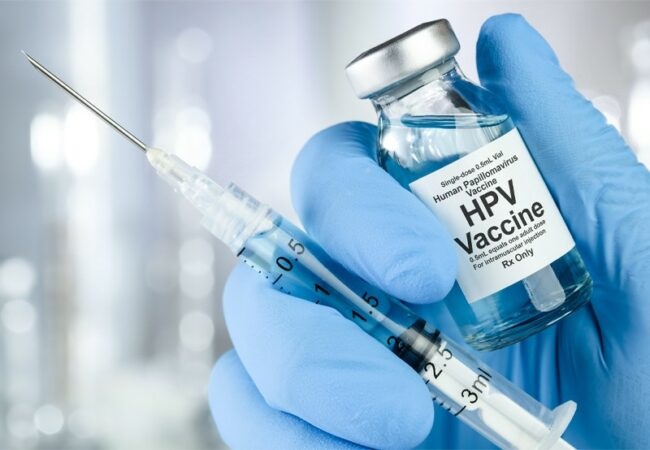In the quiet alleys of Sokoto’s towns and villages, a quiet yet powerful revolution of protection is taking root — a revolution not of protest, but of protection. At the heart of it is a single shot of HPV vaccine. A shot that promises girls a future free from cervical cancer. A shot that says: you deserve to grow up healthy.
This revolution is the Human Papillomavirus (HPV) vaccine campaign, launched by the Sokoto State Government in collaboration with UNICEF, the World Health Organisation (WHO), GAVI, and other partners. It targets girls between the ages of 9 and 14 — the most critical window to prevent the virus that causes over 95% of cervical cancer cases.
At a recent stakeholders’ engagement held in Sokoto, Dr. Larai Aliyu, the State Immunization Officer (SIO), underscored the importance of the initiative. “We are committed to ensuring that our girls are protected from cervical cancer through the introduction of the HPV vaccine. This is a milestone in our routine immunization programme,” she stated.
Indeed, for many girls in Sokoto — like 13-year-old Zainab from Bodinga — this campaign is the first time they are hearing of cervical cancer. And for their parents, it’s the first time they’re seeing such a targeted, female-focused health intervention in their communities.
UNICEF’s Health Specialist in Sokoto Field Office, Dr. Danjuma Nehemiah, called the campaign “a timely intervention” and emphasized the need for collaboration from all quarters. “We urge traditional and religious leaders, health workers, parents, and communities to support this critical initiative to ensure maximum coverage,” he said.
This call is not falling on deaf ears.
In communities like Illela and Gwadabawa, town criers are announcing immunization days. Local radio jingles fill the air. Health workers are going door to door, often under the sweltering sun, ensuring no girl is left behind.
The vaccine — delivered in a single dose — is being administered through schools and health facilities. It is free, safe, and endorsed by global health authorities. Yet, social norms, myths, and misinformation remain a challenge. Some parents, unsure of what the vaccine is for, hesitate. Others are convinced once trusted voices from within the community explain its value.
That’s why UNICEF and the Sokoto State Primary Healthcare Development Agency have included aggressive advocacy and social mobilization in the rollout. The campaign doesn’t just aim to vaccinate — it seeks to educate and empower.
And for girls like Zainab, it offers something even more precious: hope.
“I want to be a nurse,” she says shyly, after getting her shot at a local primary school. “Now I know I can grow up and help other girls too.”
In Sokoto, this isn’t just a health campaign. It is a promise. A promise that no girl should die from a disease that can be prevented. A promise that their futures matter.
And as the state intensifies the campaign in the days ahead, each vaccinated girl becomes a living testament to that promise — one shot at a time.


